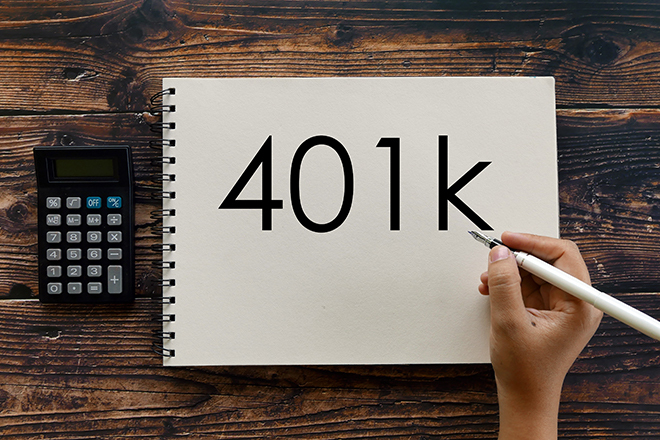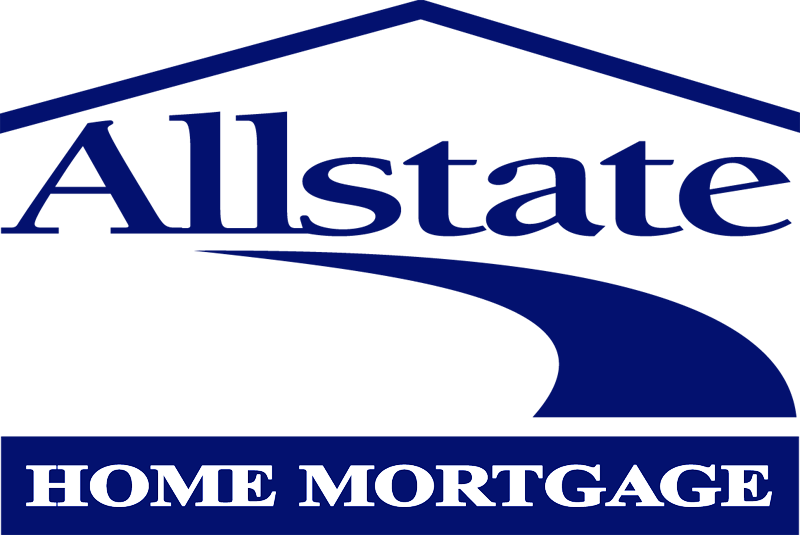
The COVID-19 crisis has left millions of Americans unemployed and uncertain of how to make their mortgage payments and other debt obligations. In response to the need for emergency funds, the government created the Coronavirus Aid, Relief, and Economic Security (CARES) Act which provided stimulus checks and better unemployment benefits. It also included provisions that allow people to borrow more money from their retirement accounts while waiving penalty fees for early withdrawal. For many, this might seem like a great way to pay off their mortgage now and reduce their debt load. However, every borrower should consider all the angles carefully before cashing out.
Eligible Borrowers
Under the CARES Act, only certain individuals are eligible to take advantage of the altered retirement plan rules. Borrowers might qualify if they meet one of the following criteria:
- The plan account holder, their spouse or dependent has been diagnosed with COVID-19.
- The account holder has been furloughed, laid off, had work hours reduced, or experienced financial hardship because of quarantines.
- The account holder has had to close their business or reduce its work hours due to coronavirus conditions.
- The account holder has been unable to work because childcare options have dried up.
The IRS has also expanded its eligibility requirements for those who can pull money out of their retirement plans. Any individual can take advantage of the CARES Act provisions if any member of their household – someone sharing their primary residence – has experienced job or income loss, had a job offer fall through, or had a delayed job offer start date. Household members could include spouses, partners, or even adult children living back at home.
401(k) Payoff Benefits
If you do qualify to take advantage of CARES Act retirement plan benefits, paying off your mortgage with those funds would help save you money over time. Under normal circumstances, those who are younger than 59 ½ must pay income taxes as an early withdrawal penalty of 10 percent on any cash pulled from their 401(k) or 403(b) plans. For those who have experienced pandemic-related financial hardships, though, that 10 percent is waived on withdrawals of up to $100,000. The income from the distribution can be divided over three years, reducing the increase in tax liability. What’s more, the repayment of loans from those accounts can be deferred for up to a year. All of this means that borrowers may be able to pay off their home loans quickly, getting rid of a significant debt weight, allowing that monthly mortgage money to be invested at higher rates elsewhere. This works best if the mortgage interest rate was higher than the rate of return on the investments.
The Risks
The biggest risk to paying off your home with retirement funds is that you may not end up with enough money when you are ready to stop working. If the stock market sinks into a slump and the returns tank for several years, you may not earn back enough to be ready for retirement. Or your house could lose value if another housing crisis occurred and you would not be able to recoup all the money you put into paying it off. And if you were itemizing your taxes, you would lose your mortgage interest deduction.
The CARES Act has made it easier than ever for some individuals to tap retirement funds for paying off their mortgage debt. It is just important to make sure the benefits outweigh the risks.
